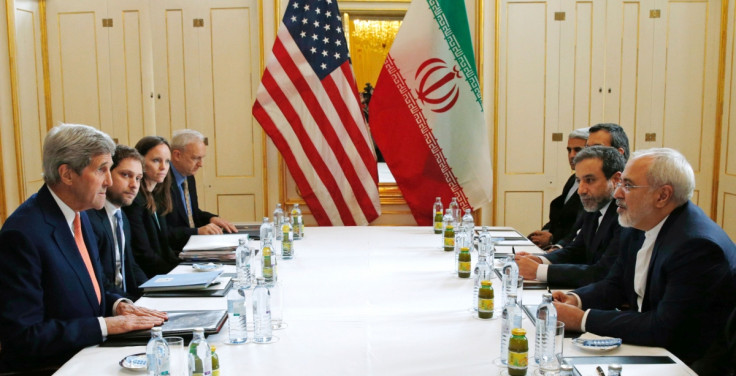There are still many investment hurdles to overcome for business with Iran

Businesses looking to enter the Iranian market following the lifting of a nuclear-related international embargo in January 2016 need to tread cautiously. Aside from a raft of political and regulatory obstacles in Iran, some western sanctions remain in place, posing a number of challenges.
The Obama administration is keen to ensure that the removal of international sanctions results in a meaningful engagement with Iran. The remaining US sanctions, linked to Tehran's sponsorship of terrorism and ballistic missile programme, only apply to American companies and citizens. But the definition of the former is vague and open to interpretation. For instance, it is not clear whether non-US entities with American subsidiaries and shareholders, dollar accounts, or even those that use American equipment, will also be subject to the embargo.
Added to this is an element of political risk stemming from the upcoming presidential election in the US, where contenders for the Republican Party nomination have expressed fierce objection to the nuclear deal agreed last July. Historical precedents suggest that it is highly unlikely that a new administration would renege on the deal altogether. But the ambiguity in the current sanctions regime allows for more expansive interpretations that could be used to obstruct the process down the road.
All of this worries western businesses, especially financial institutions. European banks with significant US exposure may be reluctant to enter the Iranian market out of concern that American sanctions apply to them. The Financial Times this week cited new research by the international law firm Clyde & Co on London-based insurers' views of engagement with Iran, with 85% of respondents saying that US sanctions "negatively impact their risk appetite for Iran-related business".
The price of breaching the US embargo can be considerable. In the largest sanctions-related settlements with the Department of Justice, in June 2014 BNP Paribas agreed to pay $8.97bn (£6.2bn, €8bn) for violating American sanctions against Iran, Sudan and Cuba. The bank's activities came under US jurisdiction because the relevant transactions were denominated in US dollars. In October 2015 another French bank, Crédit Agricole, concluded a substantial financial settlement relating to its processing of transactions on behalf of Iranian entities.
Given the risks involved, Chinese and Russian banks are likely to engage with Iran first, followed by smaller European banks with a higher risk appetite. They will test the US sanctions regime, clarify who it applies to, and establish precedents.
Potential investors and financial institutions will also have to ensure that the Iranian companies they wish to do business with are not connected to individuals or entities subject to residual western sanctions related to terrorism and human rights abuses. Many of these measures apply to members of the Iranian Revolutionary Guards Corps, IRGC, who have significant presence in many sectors of Iran's economy.
Establishing the beneficial ownership of companies is never easy in countries with poor records for business transparency, but it's particularly challenging when dealing with sanctioned entities. If they want to access international markets, Iranian companies owned or part-owned by sanctioned IRGC members are likely to find ways of concealing their involvement. Prospective investors will need to look well beyond their immediate business partners when conducting due diligence.
Companies which have done their due diligence but are still concerned that they may breach American sanctions could try to seek support from the State Department by demonstrating that the project they are pursuing serves US foreign policy goals. It will not give any investor immunity from future regulatory action, but it might provide enough reassurance for some companies to pursue their investments. After all, someone has got to take the plunge first.
Yakir Gillis is a Middle East Analyst at Alaco
© Copyright IBTimes 2025. All rights reserved.






















